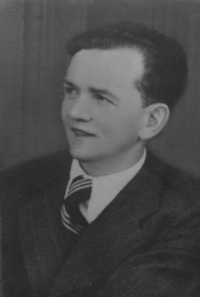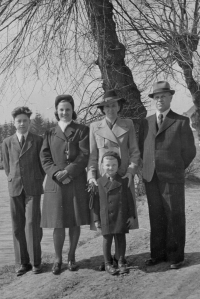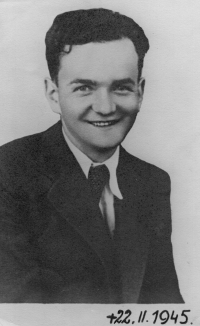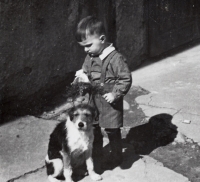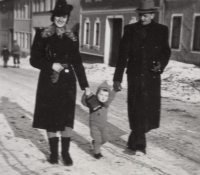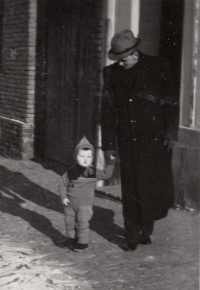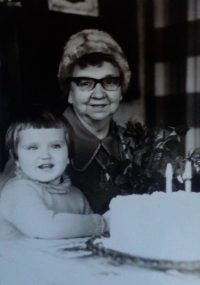Her grandfather was executed by the Nazis. The communists denied his family the freedom he had died for
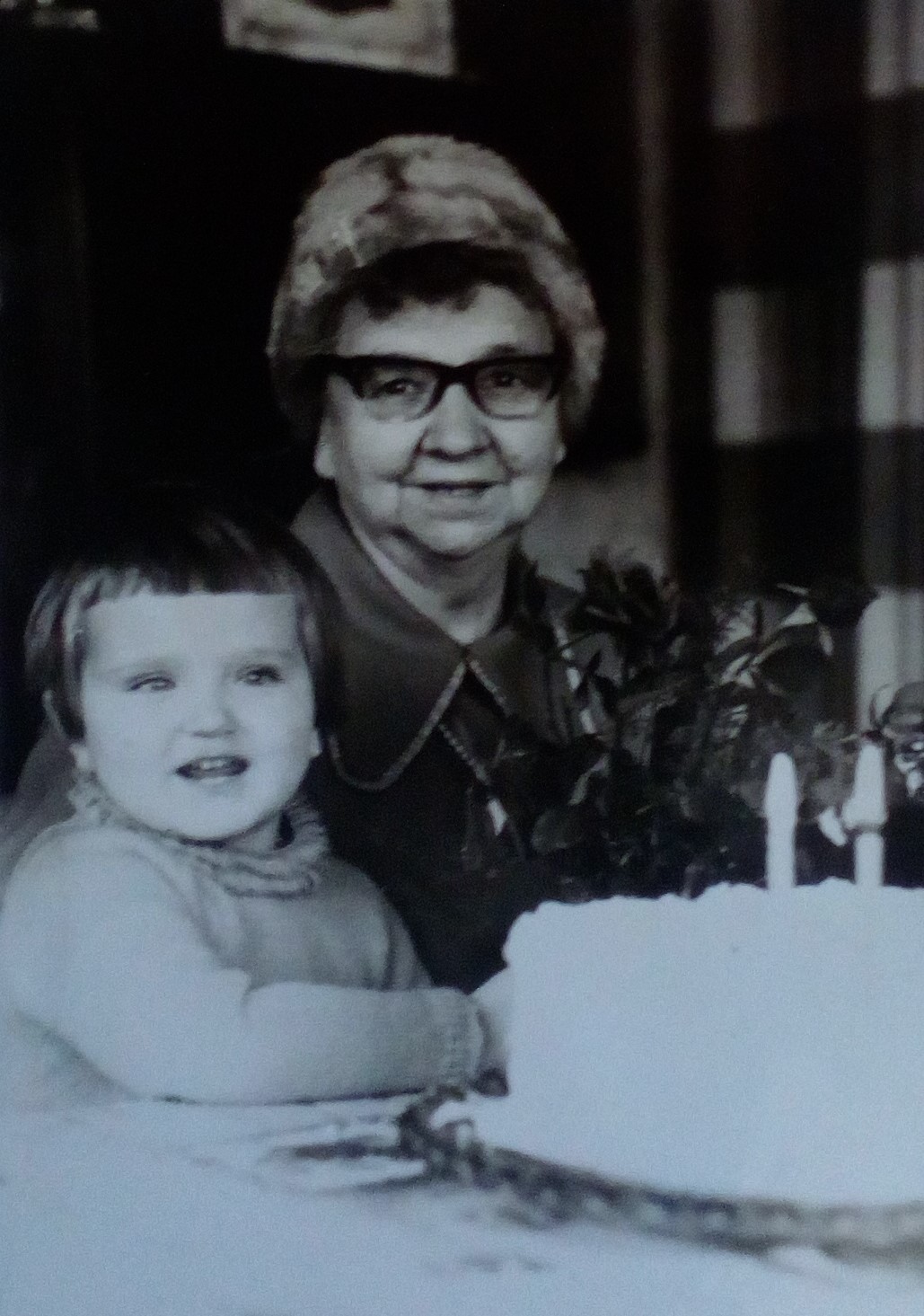
Download image
Jitka Vávrová, née Zavřelová, was born on 28 October 1969 in Děčín. Her father’s family was involved in anti-Nazi resistance during World War II. Her grandfather, Stanislav Zavřel, born in 1910, worked as a teacher in Morkovice near Kroměříž during the Protectorate and was active in the resistance organization Defence of the Nation. He was hiding one of its commanders, František Bednář, at home for two months. After denouncement made by a police informer, the Gestapo arrested Stanislav Zavřel, his wife Anna and his sister and imprisoned them. Grandmother was not proven guilty and was released after fifteen months. Witness´s grandfather remained imprisoned until 22 February 1945, when the Nazis executed him in Pankrác prison in Prague. His sister Anežka survived the concentration camp and the death march. After the war, Anna Zavřelová remarried, also because her murdered husband had wished so. Witness´s father, Stanislav Zavřel Jr., later worked at the Mikov knife factory in North Bohemia. He and his wife left the Communist Party in 1968 after the collapse of the reformist wing and the beginning of the Soviet occupation. Despite being the author of successusful patents, her father then worked in lower posts in the company. Jitka Vávrová followed her father in technical education and after graduating from a secondary technical school in Varnsdorf, she started studying the University of Textiles and Engineering in Liberec. After she refused to join the Socialist Youth Union, the communists expelled her from the school. Nevertheless, she worked as a design engineer and did not change her field of work. Throughout her life, she was interested in the fate of her ancestors and managed her grandparents’ rich archives. In 2022 she was living in Liberec. We were able to record her story thanks to the support of the Statutory City of Liberec.

